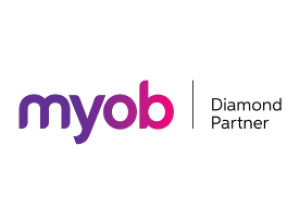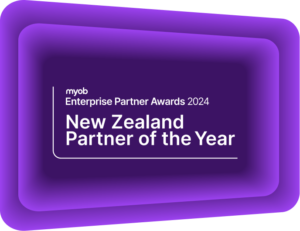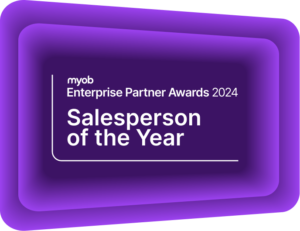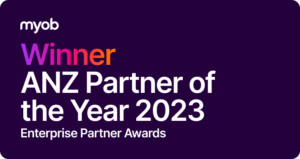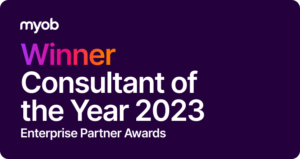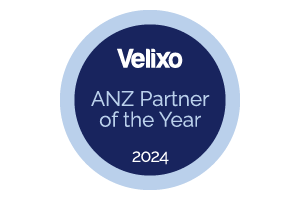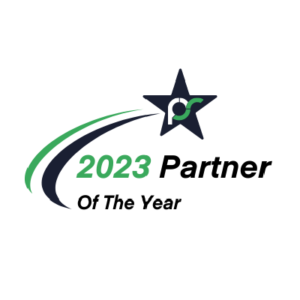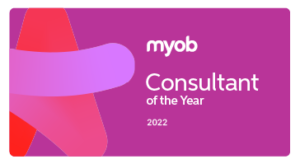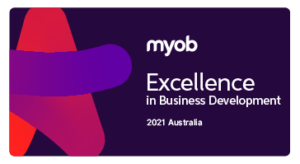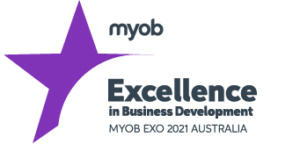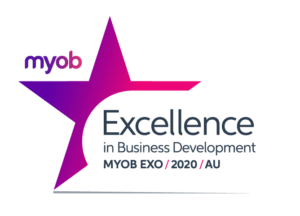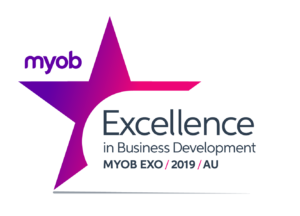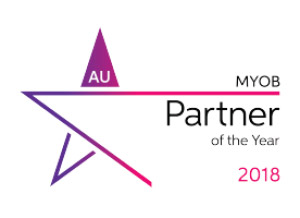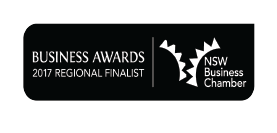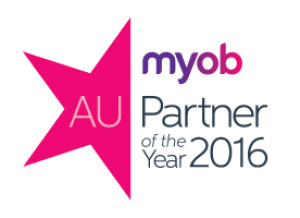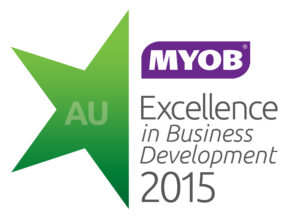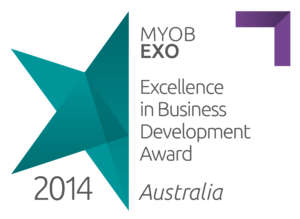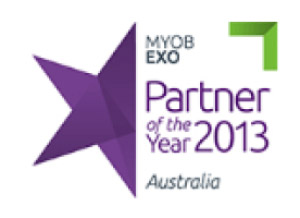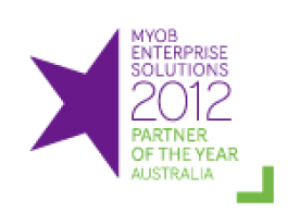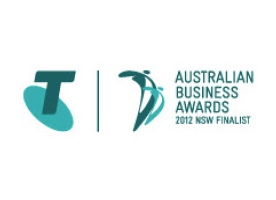5 Demand Planning trends impacting your supply chain
Navigate the shift in market trends to anticipate customer needs and optimise inventory levels.Getting stock onto the shelves often requires long, complex supply chains. This demands meticulous planning, taking into account variables, including shipping lead times and inventory availability. Volatile consumer demand adds pressure and complexity to these planning processes. For businesses to predict and meet future demand, it is essential to analyse market trends. Concentrate on the market trends that will influence demand forecasting, resource allocation, and how your business can respond to market changes.
Why demand planning is essential?
Accurate demand planning enables businesses to anticipate customer needs and optimise inventory levels to support demand. This means ensuring stock is available when and where it is needed while reducing excess inventory and associated costs. Demand planning will help streamline operations and enhance customer satisfaction, building brand loyalty.
What is the impact of following market trends?
It is important to recognise that keeping up with demand forecasting trends is not just a strategic choice; it is a fundamental necessity for business success in a dynamic market. Following market trends enables businesses to align their production, inventory, and supply chain strategies with evolving customer preferences. This approach optimises resource allocation, reduces excess inventory, and minimises stockouts. By analysing trends, businesses can anticipate shifts in demand, adjust their forecasts, and introduce new products more effectively. This approach enhances overall operational efficiency and customer satisfaction. Relying solely on following and reacting to historical trends is slow and places you at a disadvantage compared to your competitors. The key is to not only follow trends but to also anticipate changes in demand and adjust before your competition.
How to keep up to date with market trends
Staying updated with the latest trends is an ongoing process. Businesses should continuously seek out new information sources and adapt their demand planning strategies accordingly.
Attend industry conferences
Participate in industry conferences where experts delve into emerging trends in demand planning and supply chain management. These gatherings offer a unique platform for networking, enabling you to forge connections with industry peers, thought leaders, and experts. Especially when it comes to staying up to date with technology, you should not miss events like the MYOB User Groups. In breakout sessions and workshops, engage in deep discussions about innovative strategies, technological advancements, and best practices. By actively participating, you gain valuable firsthand knowledge of the latest trends that can directly influence your demand planning strategies.
Follow reputable market research reports
Subscribe to market research reports, industry publications, and analyst insights that provide in-depth analysis of market trends. These comprehensive resources delve into intricate market dynamics, consumer behaviour shifts, economic indicators, and technological breakthroughs that impact demand patterns. By leveraging the analysis of market research firms, you can discern patterns, identify emerging opportunities, and fine-tune your demand planning strategies to reflect the most accurate and up-to-date insights.
Collaboration and partnerships
Connect with technology providers, suppliers, and other companies along the supply chain to gain insights into their observations and predictions about future demand trends. Additionally, collaborate with customers and distributors to gather real-time feedback on changing preferences, buying habits, and market dynamics that can shape demand forecasting.
Top 5 trends impacting Demand Planning.
Staying ahead requires an understanding of the top trends that are reshaping the way businesses anticipate, strategies, and respond to changing market dynamics.
1. Demand Sensing
Use real-time data to sense future demand patterns. Enable your businesses to adjust production, inventory levels, and distribution strategies accordingly. Demand sensing improves agility and responsiveness, reduces stock-outs, optimises inventory, and ultimately enhances customer satisfaction by aligning their operations with actual market demand.
2. Resilience and risk management
Supply chains are incorporating demand scenario modelling functionality into their planning solution. This strategic integration helps assess potential risks and improve their ability to withstand disruptions. This not only enhances supply chain resilience but also allows businesses to be better equipped to make fully informed decisions.
3. Sustainability and ethical concerns
The surge in customer focus on sustainability, and ethical sourcing is creating a transformative influence over demand patterns. Supply chains are being compelled to adjust their strategies to accommodate this shift, ensuring that their offerings align with evolving ethical preferences and sustainable principles.
4. Focus on omni-channel demand management
As customer buying behaviours have evolved, demand planning is now integrated across various sales channels. This allows for a seamless customer experience and optimised inventory management to ensure the right stock is available for the right channel.
5. Software with AI and machine learning integration
Swiftly moving away from managing inventory on spreadsheets, advanced algorithms will quickly analyse historical data, market trends, and customer behaviour to improve demand forecasting accuracy. Newfound efficiencies save time and ensure businesses remain agile and responsive, enabling informed decision-making for optimal inventory management.
Drive customer-centric success with inventory and supply planning software
Inventory and supply planning software is vital in helping to stay on top of demand trends and ensure customer-centric demand planning. With advanced software like Netstock that seamlessly integrates with MYOB Advanced and MYOB Exo, businesses can gain visibility of key inventory KPIs and use real-time data to adjust their strategies, manage risks, and meet demands.
What is Netstock
Netstock is a leader in predictive supply chain planning software. They are trusted by more than 2,200 customers globally to place optimal orders, reduce stock-outs, and minimise excess stock. Netstock’s AI-powered cloud-based solution synchronises demand and supply insights with MYOB Advanced and MYOB Exo. It provides small to medium-sized businesses with supply chain visibility to unlock cash, respond to change, and offer exceptional customer service, delivering ROI from day one.
Kilimanjaro Consulting is the premier implementing partner of MYOB Advanced and MYOB Exo across Australia and New Zealand. We are experts at integrating third-party demand planning and freight solutions into your MYOB Business Management Platform or ERP to improve efficiency.

Netstock Predictive Planning Suite
Download nowDemand Forecasting for Supply Chains
Accurate demand forecasting is an essential tool for companies to anticipate, adapt, and exceed the demands of both customers and the market. To achieve this, organisations must embrace advanced techniques to get ahead of market trends, optimise inventory levels, and ensure timely product availability to meet demand.
Watch our webinar recording to delve into how demand forecasting can transform your approach to building your inventory strategy.
To start a conversation about using KPIs to gain greater visibility in your supply chain, email samacs@kilimanjaro-consulting.com or call 1300 857 464 (AU) or 0800 436 774 (NZ).

